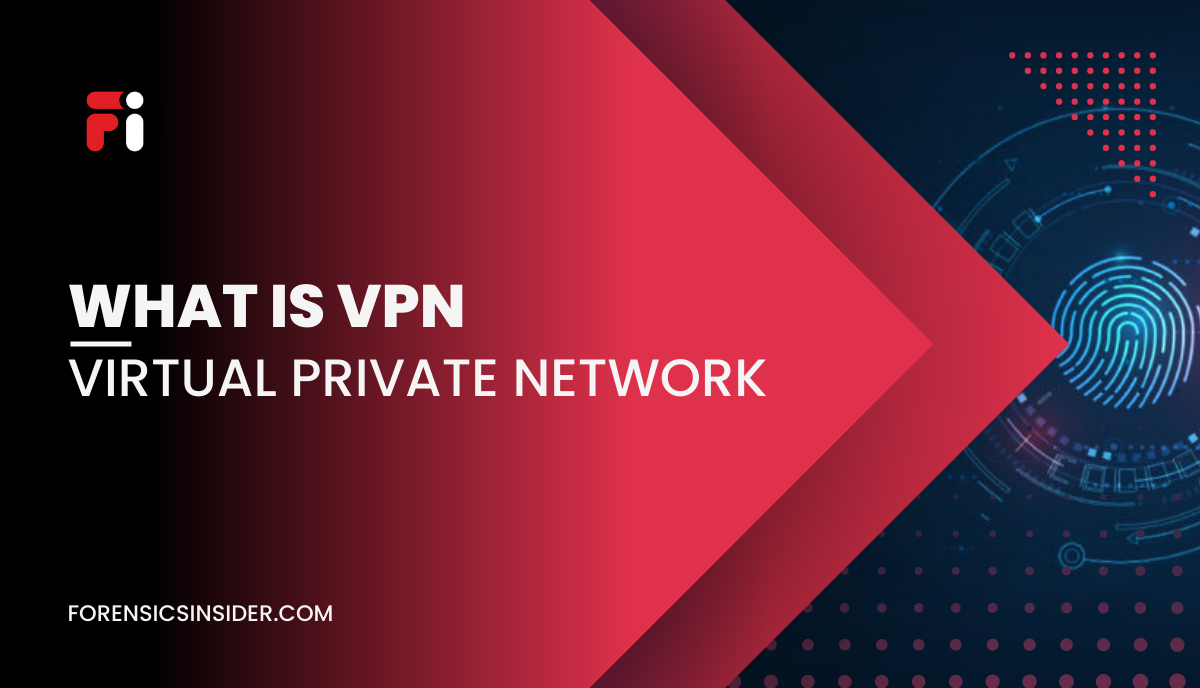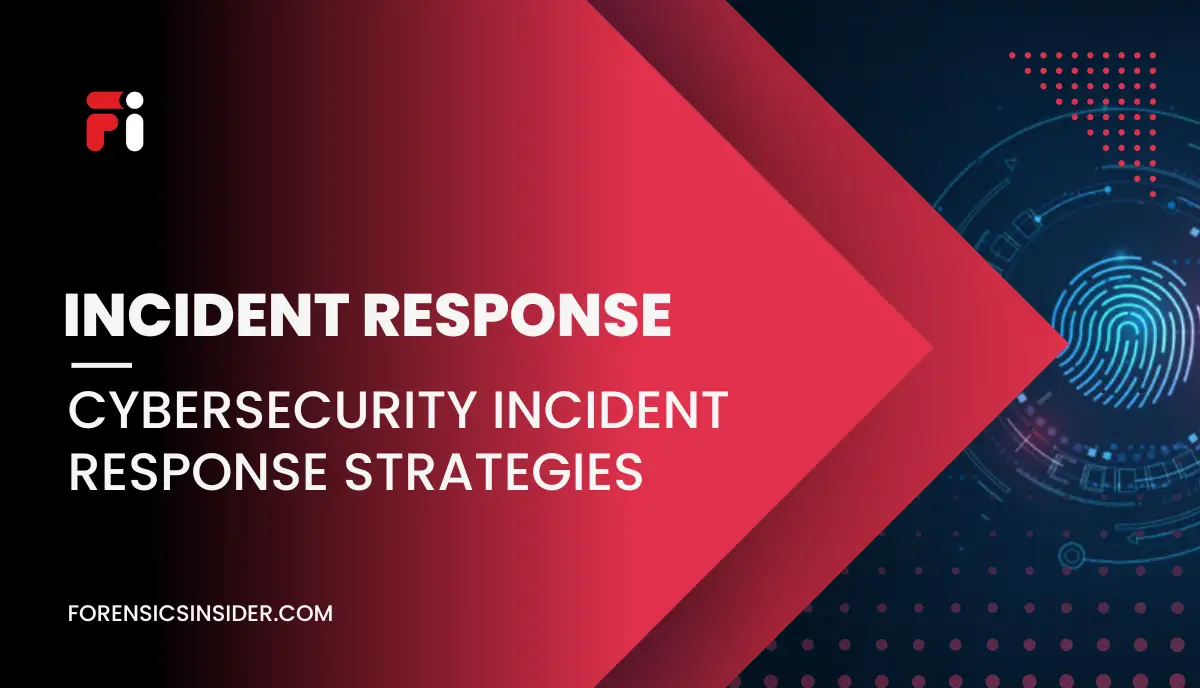What is VPN? The internet is a vital part of our lives, but it’s also a place where we’re vulnerable to cyber attacks, surveillance, and censorship. A virtual private network (VPN) is a powerful tool that can protect your online privacy and security. So it play a role in cybersecurity. In this comprehensive guide, we’ll explain what a virtual private network is, why it’s important, and how to set one up.
What is VPN and Why it is Used?
A VPN is a network technology that creates a secure and encrypted connection over the internet or another network. It allows you to connect to the internet through a remote server, which masks your IP address and encrypts your internet traffic. VPNs are commonly used for online privacy, security, and access to restricted content.
Here are some benefits of using VPNs:
- Protect your online privacy and security: A virtual private networkencrypts your internet traffic, making it difficult for others to intercept and read your data. It also masks your IP address, which can help you stay anonymous online.
- Access restricted content: A VPN allows you to bypass geo-restrictions and access content that’s not available in your region. For example, you can use a VPN to access Netflix libraries from other countries.
- Secure remote access: A virtual private networkcan provide secure access to your company’s network, allowing you to work remotely without compromising security.
How a VPN Works?
When you connect to a VPN, your internet traffic is routed through an encrypted tunnel to a remote server. The remote server then forwards your traffic to its destination, such as a website or another network. Your IP address is masked by the remote server’s IP address, which helps protect your identity and location.
How to Set Up a VPN?
Setting up a virtual private network can seem daunting, but it’s actually a straightforward process. Here are the steps to set up a VPN:
- Choose a VPN provider: There are many VPN providers available, so choose one that fits your needs and budget. Some popular options include NordVPN, ExpressVPN, and Surfshark.
- Install the VPN software: Once you’ve chosen a provider, download and install their software on your device.
- Connect to a VPN server: Open the virtual private network software and connect to a remote server of your choice. Most providers offer servers in multiple countries.
- Verify your connection: Once you’re connected, verify that your internet traffic is encrypted by checking your IP address and DNS requests.
- Troubleshoot issues: If you’re having trouble connecting, check your internet connection and firewall settings. You can also contact your virtual private network provider’s support team for assistance.
What is VPN in Simple Words?
In simple words, a VPN is a tool that helps protect your online privacy and security by creating a secure and encrypted connection over the internet. It allows you to browse the internet anonymously and access content that may be restricted in your region.
Examples of VPNs
There are many virtual private network providers available, and some popular options include NordVPN, ExpressVPN, and Surfshark. VPNs are commonly used for online privacy, security, and access to restricted content. For example, you can use a VPNs to access Netflix libraries from other countries. VPNs providers have become increasingly popular in recent years, and there are now numerous options available. Here are a few examples of popular VPNs providers:
- NordVPN: NordVPN is one of the most well-known virtual private network providers and is trusted by millions of users worldwide. It offers advanced security features such as double encryption, an automatic kill switch, and DNS leak protection. NordVPN also has a large network of servers in over 60 countries, making it an excellent option for accessing content from around the world.
- ExpressVPN: ExpressVPN is another popular virtual private network provider known for its fast speeds and excellent customer support. It offers a user-friendly interface and advanced security features such as split tunneling and a zero-knowledge DNS.
- Surfshark: Surfshark is a relatively new VPN provider that has gained popularity due to its affordable pricing and advanced features. It offers unlimited simultaneous connections and has servers in over 60 countries.
Use Cases for VPNs
VPNs can be used for a variety of purposes, including:
- Online Privacy: A virtual private network can help protect your online privacy by encrypting your internet traffic and masking your IP address. This can prevent hackers, ISPs, and other third parties from tracking your online activities.
- Accessing Restricted Content: A virtual private network can be used to bypass geo-restrictions and access content that may be unavailable in your region. For example, you can use a VPNs to access Netflix libraries from other countries or to access websites that may be blocked in your country.
- Secure Remote Access: A VPN can provide secure access to your company’s network, allowing you to work remotely without compromising security. This is especially important for employees who handle sensitive data.
- Public Wi-Fi Security: Public Wi-Fi networks can be vulnerable to hacking and other security threats. Using a virtual private network can help protect your data when using public Wi-Fi networks by encrypting your internet traffic.
Conclusion:
In conclusion, a VPN is a powerful tool that can protect your online privacy and security. It creates a secure and encrypted connection over the internet, allowing you to browse the internet anonymously and access restricted content. Setting up a VPN is a straightforward process, and there are numerous VPN providers available to choose from. Whether you’re concerned about online privacy, accessing restricted content, or secure remote access, a VPN can help keep you safe and secure online.




